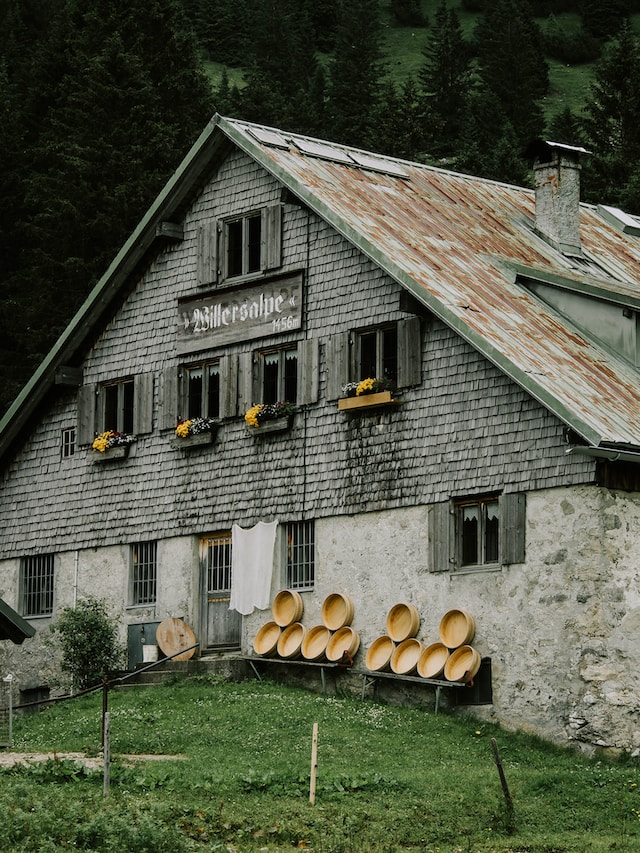Back to Blogs
Chimney Repair vs. Chimney Replacement: Making the Right Choice for Your Home
August 8, 2023

Chimneys are vital components of homes, providing ventilation for fireplaces, wood stoves, and other heating appliances. Over time, chimneys can deteriorate due to wear and tear, weathering, and exposure to harsh elements. When faced with a damaged or aging chimney, homeowners are often left with the dilemma of choosing between chimney repair and chimney replacement. This article will explore the key factors to consider when making this decision, helping homeowners make an informed choice that aligns with their needs and budget.
Assessing the Extent of Damage
The first step in deciding between chimney repair and replacement is to assess the extent of damage. Minor issues like cracked bricks, deteriorated mortar, or a damaged chimney cap can usually be addressed through repair. However, if the damage is extensive, affecting the structural integrity of the chimney or posing safety hazards, replacement might be the more prudent option.
Cost Considerations
Cost is a significant factor for most homeowners when deciding between chimney repair and replacement. Generally, repairing a chimney is more budget-friendly than full-scale replacement. Repairs may involve fixing damaged parts, repointing, and minor upgrades, while replacement includes tearing down the existing chimney and rebuilding it from scratch. Homeowners should obtain quotes from reputable chimney contractors to compare the costs of both options and choose what aligns best with their budget.
Age of the Chimney
The age of the chimney is another crucial aspect to consider. If your chimney is relatively new and the damage is minimal, it might be more cost-effective and environmentally friendly to opt for repairs rather than replacing the entire structure. On the other hand, an aging chimney with recurrent issues may require replacement to ensure long-term reliability and safety.
Safety Concerns
Safety should always be a top priority when dealing with chimneys. If your chimney has extensive damage, such as significant cracks or loose bricks, it may pose a safety risk. In such cases, opting for replacement can guarantee that your home and family are protected from potential hazards. A certified chimney inspector can conduct a thorough evaluation to determine the safety of your chimney and provide appropriate recommendations.
Energy Efficiency
Old or damaged chimneys may not function efficiently, leading to heat loss and decreased energy efficiency. Inefficient chimneys can result in higher heating bills and reduced comfort during colder months. If your chimney’s inefficiency is due to minor issues, repairs can often restore its performance. However, if the problems are extensive and beyond repair, investing in a new, energy-efficient chimney might be the better long-term solution.
Environmental Impact
From an environmental standpoint, repairing a chimney generally has a lower impact than replacement. Reusing existing materials and components reduces waste and the need for new resources. If the damage to your chimney is repairable, opting for this route can contribute to sustainability efforts and reduce your home’s carbon footprint.
When faced with the decision of chimney repair versus chimney replacement, homeowners should carefully assess the extent of damage, consider the cost implications, prioritize safety concerns, and evaluate the age and efficiency of the chimney. While repairs are often more budget-friendly and environmentally conscious, replacement may be necessary for severely damaged or aging chimneys. Seeking guidance from experienced chimney professionals can help homeowners make an informed choice, ensuring the longevity and safety of their chimney system for years to come.
